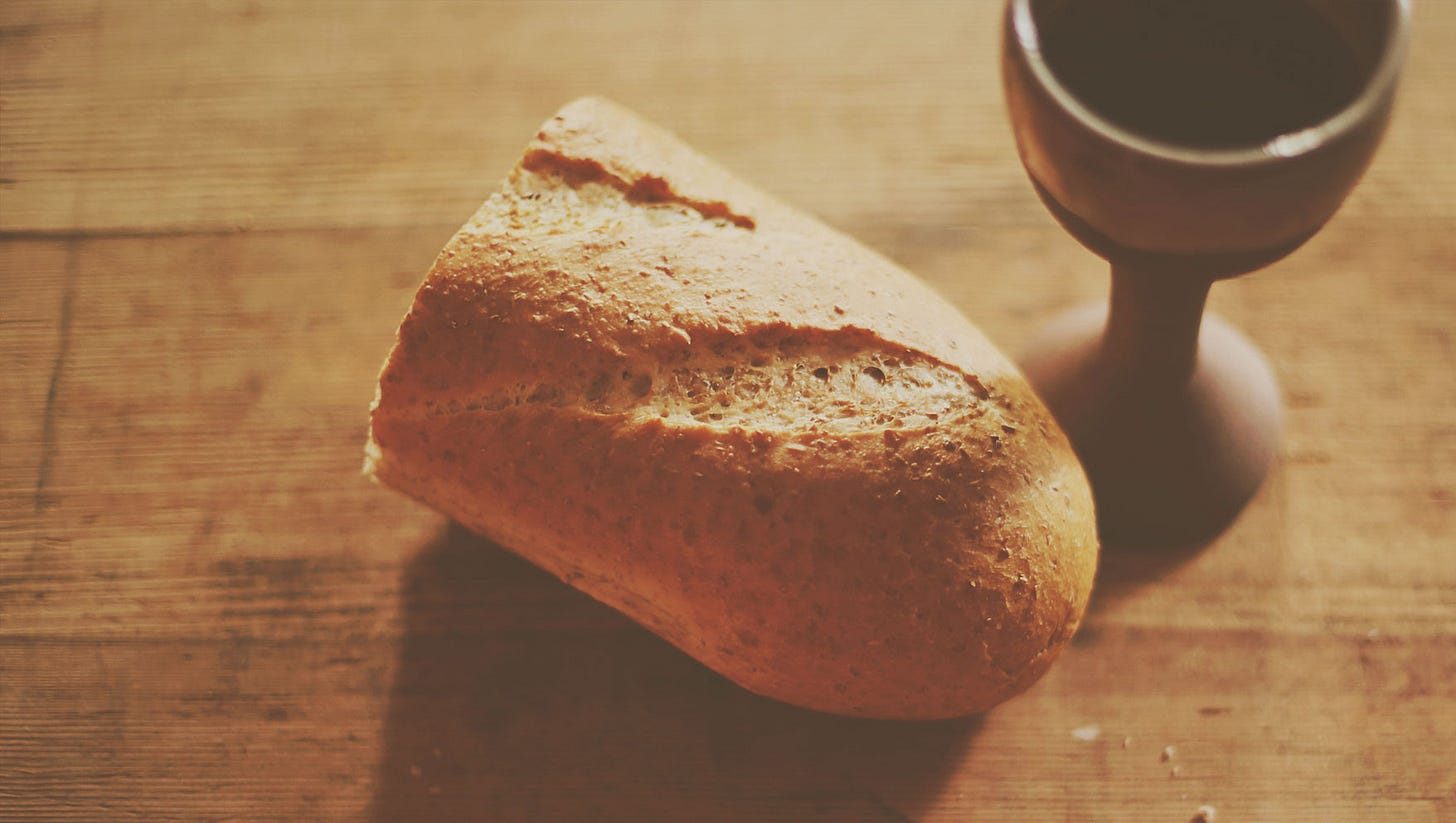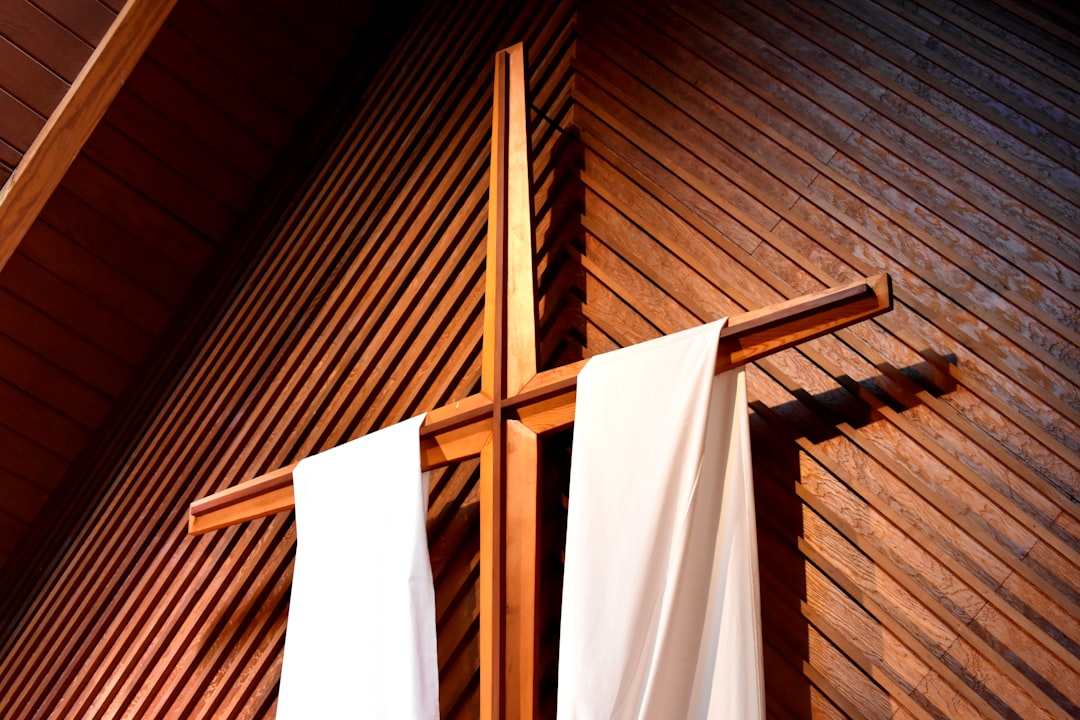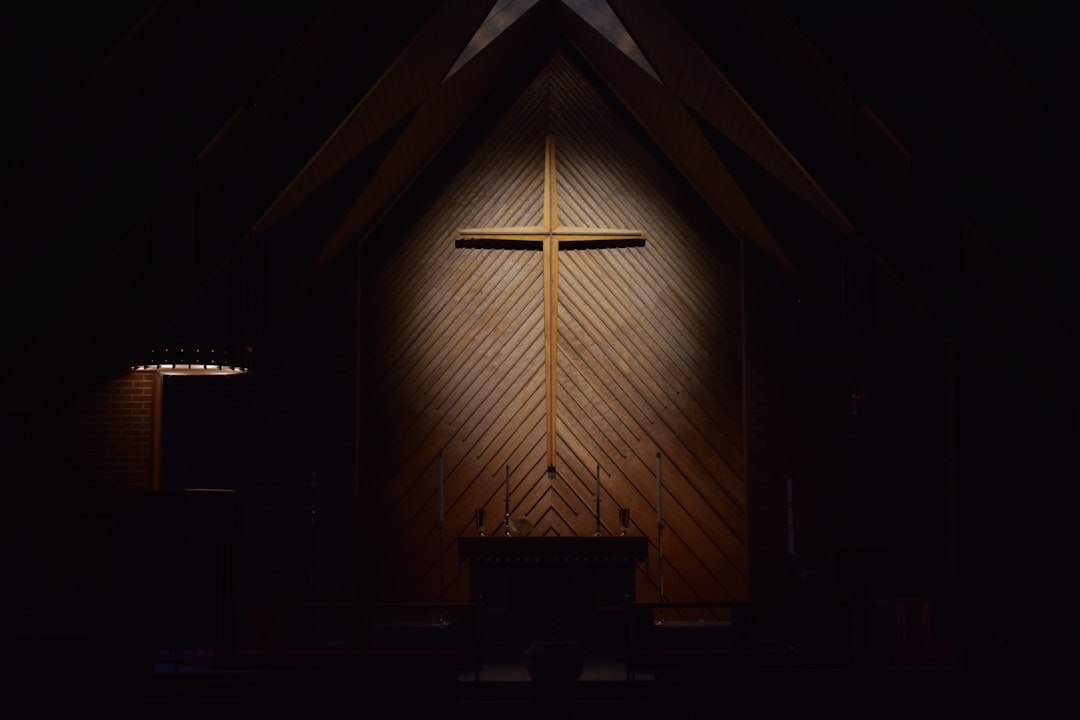Matthew 6.12
And forgive us our debts, as we also have forgiven our debtors.
Matthew 18.21-22
Then Peter came and said to him, “Lord, if another member of the church sins against me, how often should I forgive? As many as seven times?” Jesus said to him, “Not seven times, but, I tell you, seventy-seven times.”https://open.spotify.com/embed/episode/6ujBfwQuoszssG53ZLfVEG
Lord, teach us to pray.
Okay, when you pray, pray this way:
Our Father, who art in heaven, hallowed be thy name.
Thy kingdom come, thy will be done, on earth as it is in heaven.
Give us this day our daily bread.
And forgive us our trespasses, as we forgive those who trespass against us.
We begin this prayer, the Lord’s Prayer, with talk of God and heaven and holiness. We get partisan with politics, calling for the Lord’s will to be done, and for God’s kingdom to come.
Next, we get all down and dirty with a plea for our daily bread.
And then this already strange prayer becomes even stranger: Forgive us Lord, as we forgive others.
Stanley Hauerwas and Will Willimon claim this line is the most difficult part of the prayer to pray, and I think most of us would agree. It’s all good and fine to talk about hallowing God’s name, it’s not even all that hard to ask for God’s will to be done, and who wouldn’t mind having some daily bread? But then, all of the sudden, the prayer takes a turn and we, ourselves, are caught up in it.
It’s the place where Jesus asks us not just to pray by saying something, but by actually doing something. And the something we are asked to do might be the hardest thing any of us ever do.
Forgiveness is absolutely and completely outrageous. It runs counter to everything the world ever teaches us. You can’t just forgive someone. That’s lets them get away. It means you’re soft on sin. Forgiveness doesn’t work.
There’s something in us, some of us, I won’t speak for all of us, but there is something, this idea, that people should get what they deserve. And whenever we read stories in scripture like the parable of the prodigal, the parable of the publican and the pharisee, they sound offensive because they deal with the strange thing we call forgiveness, in which many of us don’t believe even though we pray for it.
Subscribed
Why is forgiveness so hard? Have you ever tried to forgive someone who did something unspeakable to you? Have you ever wronged someone so bad that you cut them out of your life completely rather than ask for their forgiveness?
Forgiveness is one of the most difficult things we can ever do. It comes at a cost, a steep cost. It’s foolish and difficult and painful. Forgiveness hurts.
It also happens to be the currency of God’s kingdom.
In other words: without forgiveness, none of this makes any sense.

Notice: Before there is any consideration for our forgiving others, we are compelled to ask for forgiveness ourselves. This prayer we pray assumes that we all have need for forgiveness. That all of us have trespassed, sinned, or indebted ourselves to God.
Perhaps you noticed that, as the scriptures were read, Jesus taught us to pray “forgive us our debts” whereas, we pray, “Forgive us our trespasses.” There is a difference, of course, between those words. I don’t know anyone who has taken out a loan from the divine bank, and yet all of us are living on the gracious gift offered to us by God. Similarly, we’ve been handed the keys to this created world, and what do we have to show for it?
Have you watched the news recently?
As the old prayer book says, “We have left undone those things which we ought to have done; we have done those things which we ought not to have done; and there is no health in us.”
When it comes to our relationship with God, we’re all in the red. So much so that no amount of pious prayers, or righteous good works, or anything else really, can tip the scales back. In fact, the only thing we can do, is ask for the Lord to forgive us.
However, asking for forgiveness takes control away from us. And if there’s anything we hate, it’s losing control. We don’t like admitting that we have done things, or failed to do things, for which we need to ask forgiveness. We don’t want anyone, not even God, to have power over us. But being out of control is at the heart of discipleship.
Remember, we pray: let thy will be done.
Prayer, therefore, and in particular this prayer, is the essential habit and practice that God has given us to help us rediscover the joy of being creatures, or being out of control, of relying on someone else. Namely, God.
That is what is meant by being graced. Even in our sin, even in our worst choices and decisions, God refuses to abandon us. And not only that, God keeps seeking after us no matter what we do or how far we fall.
“You are forgiven.” It is not easy to receive those words because we all know we don’t deserve it, and those words make it sounds like it’s too easy.
But, again, forgiveness is anything but easy.
Consider, for a moment, what happens when someone unexpectedly gives you a gift. Chances are your first inclination is, oddly, not to enjoy the gift, but to begin scheming how to repay the person for the unexpected gift. We don’t like feeling indebted to someone so we grin and say our thanks but our thoughts move to tipping the scales back and returning the favor.
And when it comes to God, we can’t do it.
The only person who can right the relationship between us and the Lord, is the Lord. But that’s exactly why we call the Gospel, the Gospel, it’s good news.
Have you ever noticed how often Jesus forgives people, even when they don’t ask for it?
Some friends catch word that Jesus is in town, they’ve got a paralyzed friend and they drag him all the way to Jesus. Can’t get close, the crowd has grown too large, they hoist their friend on the roof, dig through the ceiling, and lower him to Jesus.
And what does Jesus say to the paralytic? By their faith your sins are forgiven.
Who said anything about sins? This guy needs to walk! What does forgiveness have to do with anything?
Forgiveness isn’t just anything, it’s everything.
The man does walk eventually, but only after being forgiven.
It’s God’s nature to forgive, and not just through Christ. The whole canon of scripture is ripe with stories of God’s unrelenting forgiveness. Again and again we, the people of God, turn away from God, and God remains steadfast no matter what.

We know that we can pray to the Lord to forgive because that’s what God does even up to the cross! “Father, forgive them, for they do not know what they are doing.”
It’s a joy to know we can pray these words. Truly. And, I think most of us would be happier with the Lord’s prayer if, at this moment, we jumped ahead to “and lead us not into temptation.”
But no. Jesus says pray like this: “Forgive us our trespasses as we forgive those who trespass against us.”
It was like any other afternoon with the Lord when Peter raised his hand in the middle of a lesson.
“Yes Pete.”
“Well, you’ve been using the F word a lot and I think we would all do well to have some clarity on the matter. Exactly how many times are we supposed to forgive someone?”
“How’s your math Pete? I’d say 70×7 times, but for the sake of clarity, let’s just say there’s no limit.”
“But, if that’s the case, then we’ll go to our graves forgiving!”
“Indeed Pete, you will.”
That’s when the other disciples chime in: “Increase our faith! What your asking it more than we can do!”
Remember – Jesus wasn’t talking about going the extra mile, or turning the other cheek, or feeding the hungry. No, he was talking about forgiveness.
Thankfully, after the “increase our faith” episode, Jesus gave the disciples a story to help bring it all home.
There was a king who wanted to settle accounts with his slaves. One by one they were called before the throne and the great ledger-keeper read off their debts. Some owed a little, while others owed much more. And there was one slave in particular who owed the king ten thousand talents.
For what it’s worth, one talent equated to 6,000 denarii, a day laborers were paid one denarii per day. So, for those of you keeping score, it would take the slave 60,000,000 days of work to pay back the king.
Immediately the story screams scandal. I mean, what kind of kingdom was this king running? No leader would ever let a slave run up that kind of debt.
“Please,” the slave begs, “I promise I’ll pay it all back.”
And there’s no way he can ever do it. The slave knows it. The king knows it. The whole kingdom knows it. And yet, the king, moved by pity, releases the slaves of his debt, and lets him walk away scot free.
He dances around town, light as a feather, having just experienced the impossible. And then he comes upon a friend, one he had loaned some money to recently, probably the king’s money for what it’s worth. But he just tasted grace, so he says to the friend, “Remember that money you owe me. Don’t worry about it!”
That would be a great story, but it wouldn’t be a parable, and certainly not one from Jesus. No, in the story Jesus tells the recently forgiven slave lords it over his fellow friend for a measly loan.
Of course, everyone in the kingdom catches word, including the king, and he calls the unforgiving servant back to the throne, accosts him in front of everyone for being such a nincompoop, places the previously forgiven debt back on his shoulders, and hands him over to be tortured forever and ever. The end.
It’s one thing to pray, “Forgive us our trespasses,” and another thing entirely to add, “As we forgive those who trespass against us.”
Forgiveness always comes at a cost – it’s not cheap and it isn’t easy. The hurt we experience is consequential. Therefore, when Jesus teaches us to pray this way, he’s not implying that we should shrug things off as if they don’t mean anything. It’s just that Jesus, through his life, death, and resurrection, refuses to let sin be the first and last word in our story.
Instead, the first word is forgiveness.
If you have ever been forgiven by someone you know how it feels like an indescribable freedom, a gift you don’t deserve. Similarly, if you have ever forgiven someone who wronged you greatly, you know the steep cost but also how it breaks a chain that is wrapped around your life.
But forgiveness isn’t natural. We have to be taught to forgive. We share stories of forgiveness such that others might know it is actually possible. A life of discipleship requires training and a community to support us in our willingness to forgive and receive forgiveness. That, after all, is why we pray for it. We need God’s help in this forgiveness business. We can’t do it on our own.
So hear the Good News: Christ died for us while we were yet sinners, and that proves God’s love toward us. In the name of Jesus Christ, you are forgiven.
And because you are forgiven, you can forgive others.
It won’t be easy, but nothing important ever is. Amen.









